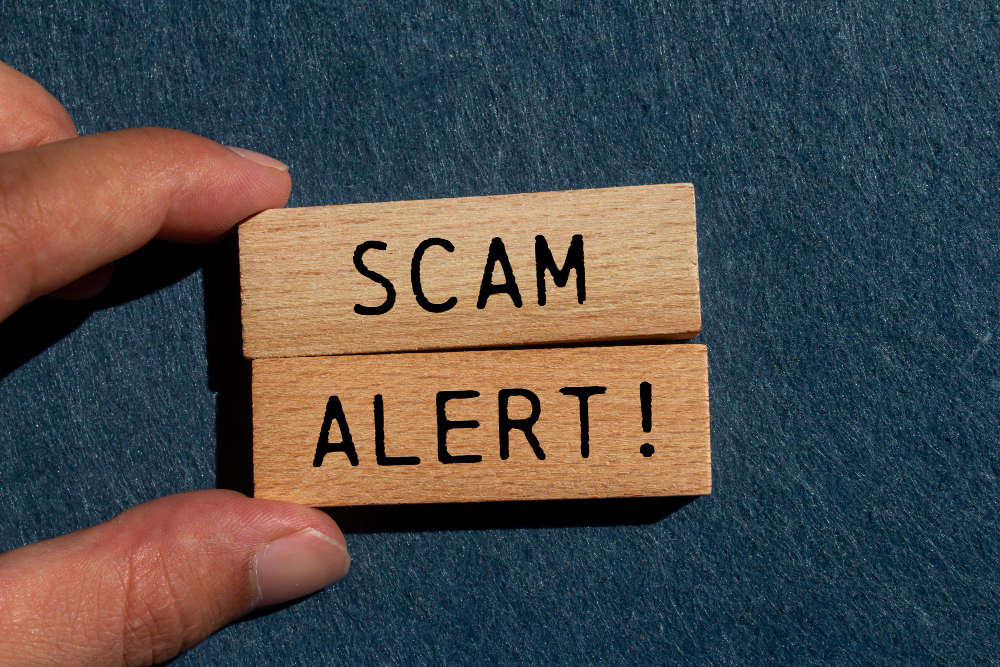Chances are if you’ve ever used crypto, then you’ve traded crypto for fiat money or another cryptocurrency, so you’ll need to understand the basics of tax. Let's take a look into the tax consequences of crypto trading with Recap's help.
What is a Crypto Trade?
A crypto trade involves swapping one asset for another, for example you may trade Bitcoin for pounds (£) or another cryptocurrency like Ethereum.
Most people’s crypto activity involves some kind of crypto to crypto trading. Picture this. You're new to the crypto world and buy some Ethereum. With Ethereum, you might explore thousands of projects. These can offer various perks, from voting rights to rewards, even buying artwork in the form of an NFT. Whatever the case, a crypto to crypto trade or “swap” occurs, so it’s important to understand what’s actually happening from a tax perspective.
Understanding Crypto Trades from a Tax Perspective
HMRC doesn't see crypto as money. Trading crypto means you're selling one asset to buy another. This is called a taxable disposal. The trade will be subject to capital gains tax based on its difference in value from when first acquired to when it is disposed of (sold).
Although most crypto investors understand selling crypto for fiat is taxable, many crypto investors overlook crypto to crypto trades. This oversight can lead to hefty taxes. Here's a simple case:
Sarah buys 5 ETH for £500. Two weeks later, influenced by Twitter, she trades 0.5 ETH for 500 DOGE. This move from Ethereum to DOGE is a trade - and a taxable event.
Tax Rules for Crypto Trades
HMRC gives clear guidance on crypto to crypto trades. A trade means you've sold one asset at "fair market value" to acquire another. Let's revisit Sarah's case:
- Day 1: Buys 5 ETH for £500, making each ETH £100.
- Two weeks later: Sarah trades 0.5 ETH for 5,000 DOGE. At the time, 0.5 ETH was valued at £70.
- To figure out the capital gains, subtract the original acquisition cost (£50) from the proceeds of the disposal (£70). That’s a £20 capital gain.
- This gain is added to any other capital gains for the tax year. After any tax exemptions and allowances are accounted for, Sarah pays tax on her total capital gains for the tax year at the appropriate tax rate.
- The newly acquired DOGE has a £70 cost basis, to be deducted when it is later sold.
Capital Gains Tax Rates
In the UK, there is a £6,000 annual exemption for capital gains in the 2023/24 tax year (£3k for 2024/25). Any gains above the allowance will be taxed depending on each individual's total taxable income. If your Basic Rate band is not fully used up with income, the unused amount can be used against capital gains for the 10% CGT rate.
Additional Considerations
Cryptocurrency Trading Fees
Many crypto trades have fees. Where fees are paid in crypto they are considered as spending crypto, which is a disposal subject to capital gains tax. So you should track and account for these.
Stablecoins
Crypto trading with stablecoins is treated the same - it falls under capital gains tax. Big gains or losses are rare, but tracking transactions for taxes is key. Investors often find the gains or losses from stablecoin trades surprising. They enter and exit these trades not expecting much change. Stablecoins are meant to be stable, after all. Yet, even small shifts in the pegged currency's value can lead to gains or losses. These fluctuations catch many off guard. It's crucial to keep an eye on these changes, especially for tax purposes.
Financial Trading in Cryptoassets
In exceptional circumstances, taxpayers may be classed as financial traders for their crypto asset activity. Where this is the case, their profits are self-employed business profits, subject to income tax and national insurance, rather than capital gains tax. This is rare and only applies to sophisticated trading, but as crypto investors regularly “trade” crypto the terminology can be confusing! HMRC have confirmed that the majority of crypto users will be subject to capital gains, but if you are unsure reach out to an advisor.
We’ve kept this blog simple but take a look at Recap's UK crypto tax guide for more detail.
Need Help With Your Crypto Trades?
If you have a lot of transactions, tracking trades and calculating gains can get tricky. Crypto tax software simplifies this. It tracks your trades, applies asset valuations, and calculates your taxable gain. Get started at recap.io.
For any finance and accounting help, our Crunch advisors are ready to assist.
The information provided in this article is for general informational purposes only and should not be construed as financial or tax advice. We recommend consulting with a qualified tax advisor or financial professional who can provide personalised advice tailored to your specific circumstances.

.svg)



.webp)















